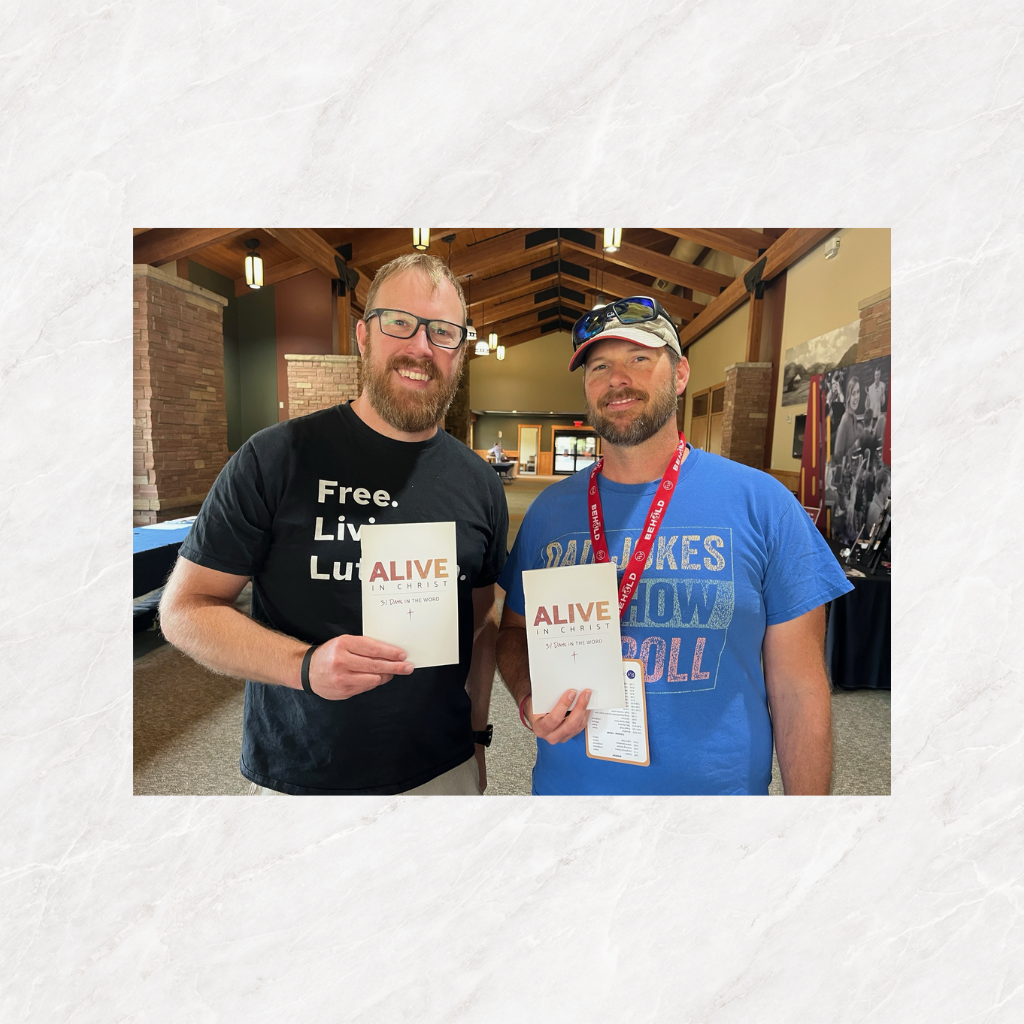Reviews
Martin Luther: The Man Who Rediscovered God and Changed the World

Martin Luther: The Man Who Rediscovered God and Changed the World (Viking, 2017) by Eric Metaxas sets out to make a bold statement about the life of Martin Luther. As the title indicates, Metaxas sees the impact of Luther’s life and theology extending beyond his religious influence and into the larger world—an influence he repeatedly underscores. Eric Metaxas writes as an American evangelical, and his book is notable for the way he makes Luther’s life meaningful and accessible to those readers. At almost 450 pages, it is a fairly detailed biography of the great Reformer, spending its larger share on his early and middle life, and moving more quickly over the later years. I found the book to be both interesting reading and an accurate account of Luther’s life.
Having read many biographies of Luther, I found this one particularly interesting for two reasons. First, Metaxas has great sympathy for almost all of Luther’s theological positions. Many Luther biographies are written by scholars with a modern, even secular, worldview. They almost choke on his confidence in the Word of God, his belief in spirits and demons, and on the depth of his religious experience—often writing about his Anfechtung (Luther’s deep trouble of conscience over his sin) with unbelieving distance. Eric Metaxas’ handling of these is quite refreshing. His own comments affirm without apology or hesitation Luther’s belief in the inerrancy of Scripture and his saving trust in the Christ of the Gospel. There is more here than academic interest in the Reformation. Here is a biography of Luther from one who really seems to get it.
A second point of interest for American readers is the frequent reference to Luther’s influence on our own political history. Metaxas sees Luther’s stand for truth at Worms as a significant step in the development of the Western respect for freedom of conscience. Since Luther, the use of force in religious matters has been steadily waning and the growth of religious freedom has steadily progressed. This clearly lays a foundation for what has become the practice of religious freedom in America. While Luther was never a revolutionary in the political sense, his desire to be judged simply by the Word of God was a revolutionary development that continues to shape world history.
This book has a good mixture of biographical material and explanation of Luther’s thought and teachings. One aspect of Metaxas’ treatment of Luther that I found quite interesting was his appreciation for what he calls Luther’s “incarnational” theology. Luther had no trouble finding spiritual significance in the everyday aspects of life. Jesus was incarnate as God-in-the-flesh in this world to participate fully in its joys and sorrows, its filth and trouble. In so doing, as Luther indeed believed and taught, Christ sanctified our whole existence. From the everyday chores of the home and family, to the sexual union in marriage, to the cultivating of God’s green earth, Luther embraced all of these earthy tasks, and many others, with faith in Christ and confidence that he was serving Christ in all of it. This particular aspect of Luther’s thought is wonderfully helpful since popular Christianity tends to over-spiritualize our lives and focus the Christian life primarily on those things which are overtly spiritual.
If you decide to read this book, let me warn you about two things. First, I don’t think that Metaxas does a good enough job explaining the indulgence controversy over which the Reformation began. He does not make it clear, at least in his early comments, that the practice of indulgences in Luther’s day had the sole purpose of mitigating the temporal (that is, non-eternal) consequences of sin. Medieval Catholic theology limited the value of indulgences to time out of purgatory, not to eternal salvation from sin (which was achieved through baptism). It is true that the popular preachers in Luther’s day often confused the benefits of indulgences, but it was quite clear in the theology of the day. Metaxas could have been clearer on this point. A second warning: Metaxas quotes some of Luther’s more vulgar comments and allows them to be translated into correspondingly vulgar English. This would not be necessary and may be a minor thing to some, but maybe not.
Overall, I would heartily recommend this new biography of Luther as a useful and engaging study of the Father of our Lutheran faith.
Pr. Steve Mundfrom
AFLBS/TS Professor of Systematic Theology
Plymouth, MN
Order your copy here: Ambassador Publications Online Store

Prayer Partners in Christian Education

Presents with Presence

